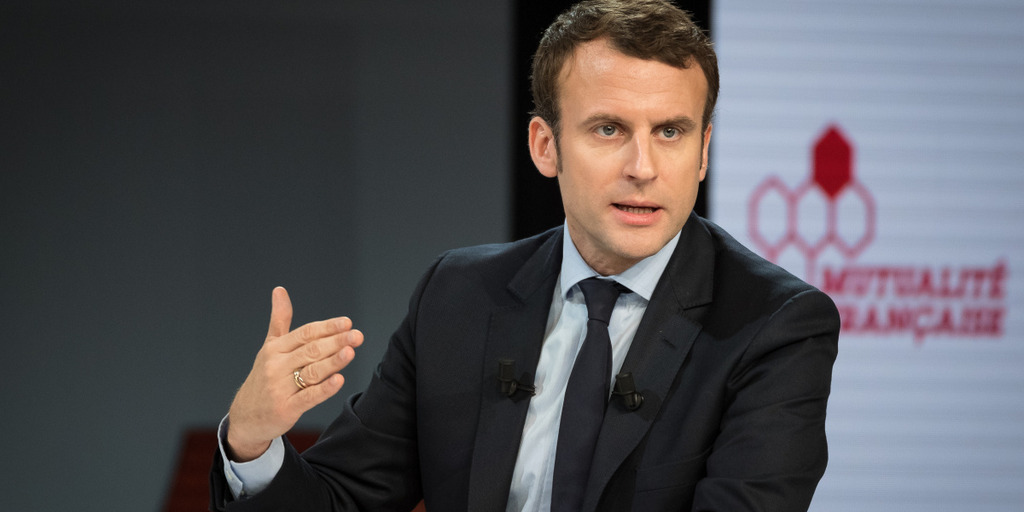Two-thirds of French voters chose Emmanuel Macron, an independent and pro-European politician, to be their president. One-third voted for the right-wing nationalist Marine Le Pen – far fewer than many observers and the candidate herself had predicted – but enough to back up her claims of representing the strongest opposition party on election night. One in four registered voters chose instead to stay home. In addition to these 12 million abstentions, another four million voters cast either blank or invalid ballots.
In other words, the general feeling about France's youngest-ever elected president is one of skepticism mixed with relief both at home and abroad. Indeed, the country's political landscape is in need of rapid renovation. The divided country must work hard to give shape to its future and, at the same time, work closely with Germany to show the way forward for a rudderless Europe. And time is running out.
In just four weeks, the French National Assembly elections will be held. It's more than unclear whether the traditional left- or right-of-center camps will prove capable of overcoming their defeat with renewed élan by then. Many observers doubt that Le Pen will be able to live up to her vow to lead the Front National through a "deep transformation" and pundits are equally skeptical that Macron's call to arms "En marche!" will prove capable of gathering enough momentum in such a short period of time.



